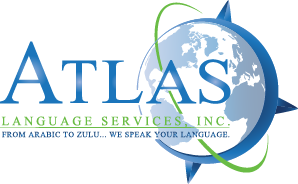Translation and Interpreting
Businesses all around the world benefit from translation services. This is the written translation of documents from one language to another. Interpreting is spoken; it is when one language is transferred to another out loud. At times, these two terms are used interchangeably. The world has become more globalized than ever before. There are people who want to communicate with clients from around the world. So, they need the assistance of a trusted interpreter. Added to that, there are people who immigrate to and from different countries. These are individuals who are going to need reliable translations of their legal documents. Since translation and interpreting is so needed, it is wise to look at some of the latest technology when it comes to these services.
Conference Translation Services
When it comes to translation for a conference, speech or lecture, conference translation services are used. A conference interpreter is a person who is fully bilingual, and she has been trained to interpret simultaneously. As the speaker is talking, the conference translator interprets simultaneously. She is generally in a booth, so she is able to see the person talking, and the people who need her services are listening through a simultaneous device. With this service, all of the individuals who are attending the conference or lecture are able to understand the content of the lecture.
The World of Simultaneous Interpretation
Remote Simultaneous Interpretation or RSI is another way that interpreters are able to offer their interpreting services. RSI is a preferred way to interpret because an interpreter is able to offer his services from any location. All that the interpreter needs is the remote simultaneous interpretation equipment, and he is able to interpret for at location.
Interpreting Past, Present, and Future
Interpreters have been used all throughout history. In the past, an interpreter had to be present in order to offer his services. Now, there are occasions when an interpreter needs to be present, but because of innovative technological advances, interpreters are able to work in a variety of locations without having to be present.
An interpreter wants his clients to be able to speak autonomously, so it is better for all if he is not present. High quality interpreting equipment allows an interpreter to work without having to worry about getting too involved in his client’s conversation. Interpreters will always be needed; there is no equipment that can correctly relay a message from one person to another while taking context, syntax, colloquialisms, idioms and expressiveness into account. Even though that is the case, it is quite possible that higher quality equipment will be invented that will allow the interpreter to interpret in a fashion that is more simple and complete. The world is always changing, and so is the field of interpreting.


